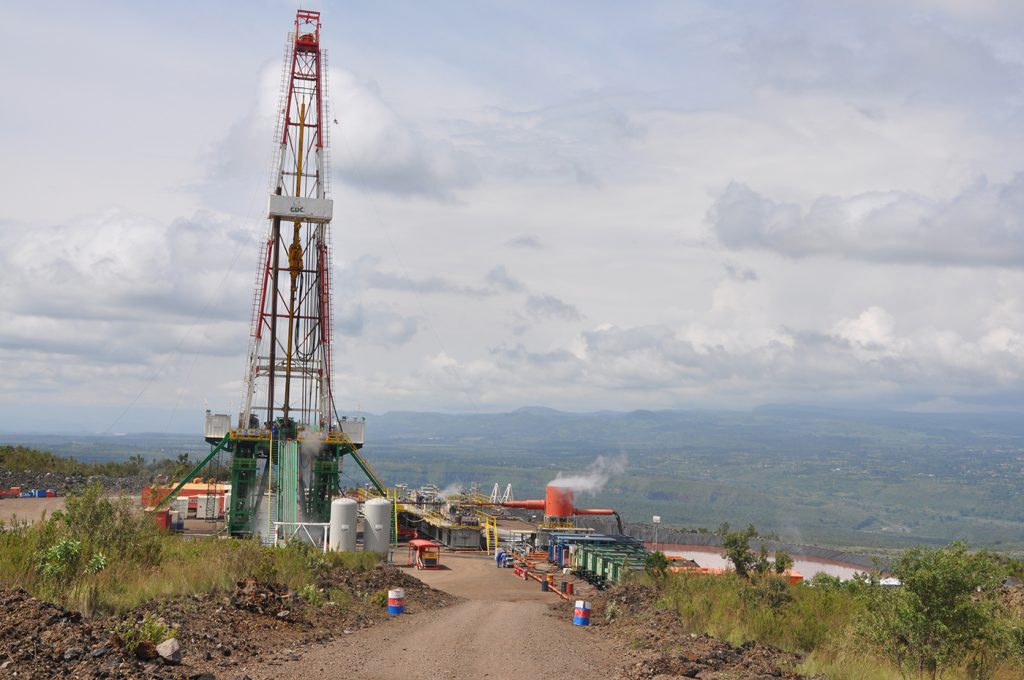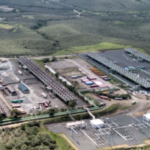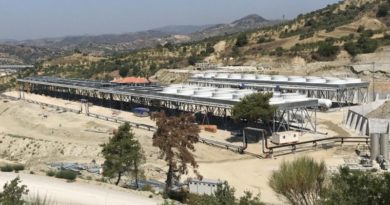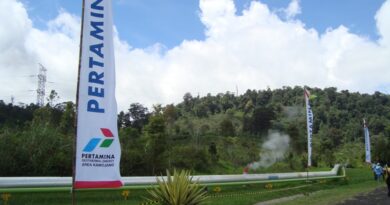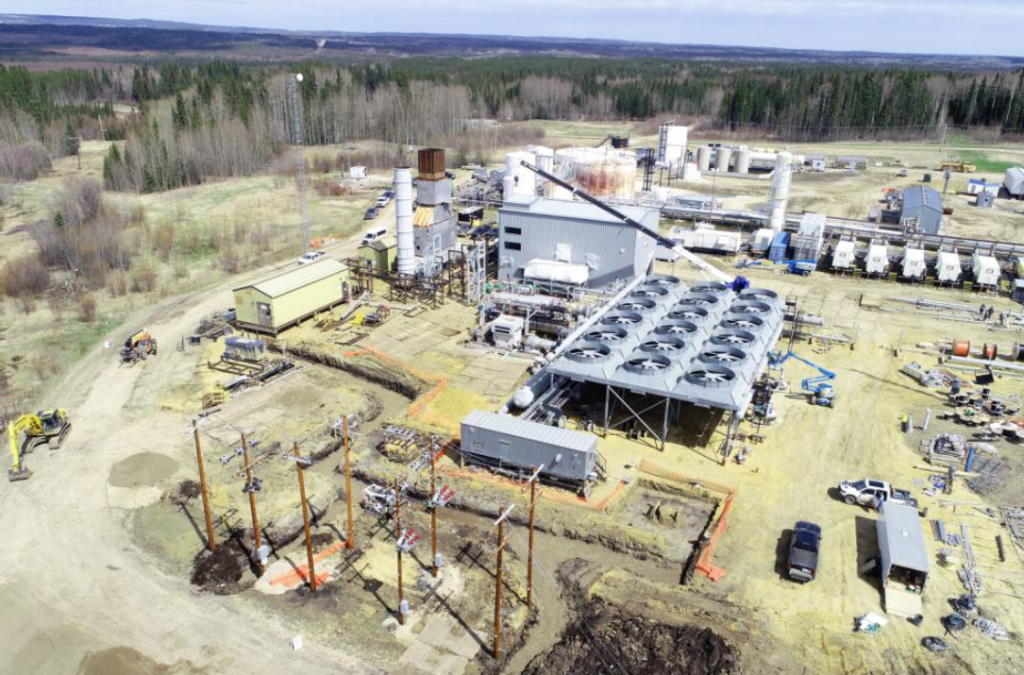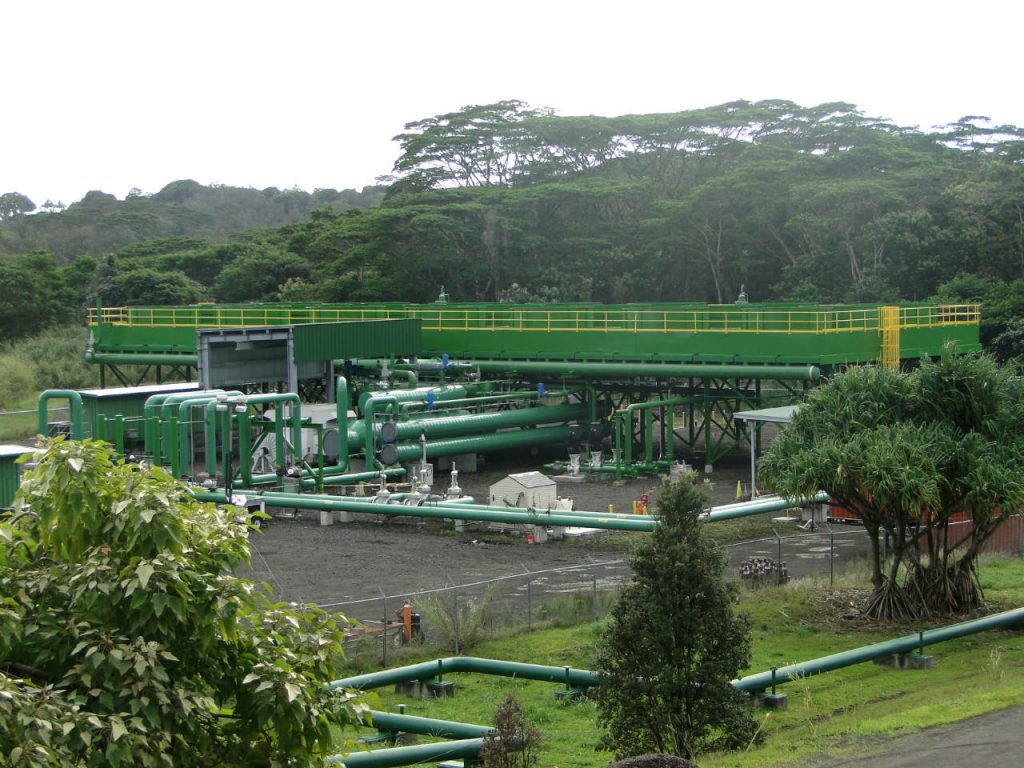Underwriting facility set to energise geothermal development in Kenya and Ethiopia
Energy Disrupter
A first-of-its-kind underwriting facility is being set up to help de-risk early-stage development of geothermal energy projects with the capacity to significantly expand electricity access and energy sector resilience in Kenya and Ethiopia.
FSD Africa, the UK Government’s flagship financial sector programme in Africa, and Parhelion, a UK-based specialist energy and climate risk finance advisory company, have today announced plans to launch a first-of-its-kind underwriting facility, backed by East African insurers, to de-risk early-stage development of geothermal energy projects with the capacity to significantly expand electricity access and energy sector resilience in Kenya and Ethiopia.
The need
The energy sectors in Kenya and Ethiopia face several systemic issues:
- Large numbers of people continue to live without electricity — 12.5 million in Kenya and 42 million in Ethiopia are still unconnected.
- Growth in energy demand is outstripping supply — Kenya’s power demand is growing 20% faster than GDP, while recent annual growth rates of around 10% in Ethiopia imply a similar increase in energy demand.
- Current sources of energy are either carbon-emitting or climate vulnerable — 35% of Kenyan power comes from thermal sources, while another 35% comes from hydroelectric dams exposed to drought risks. These risks are heightened in Ethiopia, where 89% of power is hydro-generated.
The solution
Geothermal power plants can produce large amounts of power no matter the time or weather, providing a reliable source of clean energy that is resilient to changes in climate.
Kenya and Ethiopia have large geothermal potential; however, growth in the sector is held back by high upfront investment coupled with the risk of drilling wells that are found to be commercially unviable.
Parhelion will work with East African insurers to create an underwriting facility that mitigates the low probability, high-cost risk of unviable wells. This will use insurance capital to de-risk the early-stage development of geothermal projects, making it easier for projects to attract private investment. Parhelion is also planning to launch the GeoFutures Fund, which would invest in nascent geothermal projects.
The opportunity
East Africa has a potential geothermal capacity of 15,000 MWe; however, just 500 MW is operational in Kenya while Ethiopia has installed just 7 MW. With support from the programme, Parhelion and FSD Africa forecast a 20% increase in geothermal output for Kenya and a 500% rise in Ethiopia, preventing more than 515,000 tonnes of CO2e per year. This is expected to create 2,600 jobs in renewable energy and insurance sectors, while bringing electricity to 5.25 million people who currently live without power.
By building the capacity of local regulators and insurers to engage in underwriting facilities, the programme will enable these organisations to apply to same principles to other renewable energy projects. This will deepen the capabilities of the East African insurance market to channel private capital into sustainable development. Moreover, it will enable premiums from underwriting clean energy projects to be retained in the region, rather than the current system, under which local insurers simply act as intermediaries for international counterparts.
Source: Company release by email


